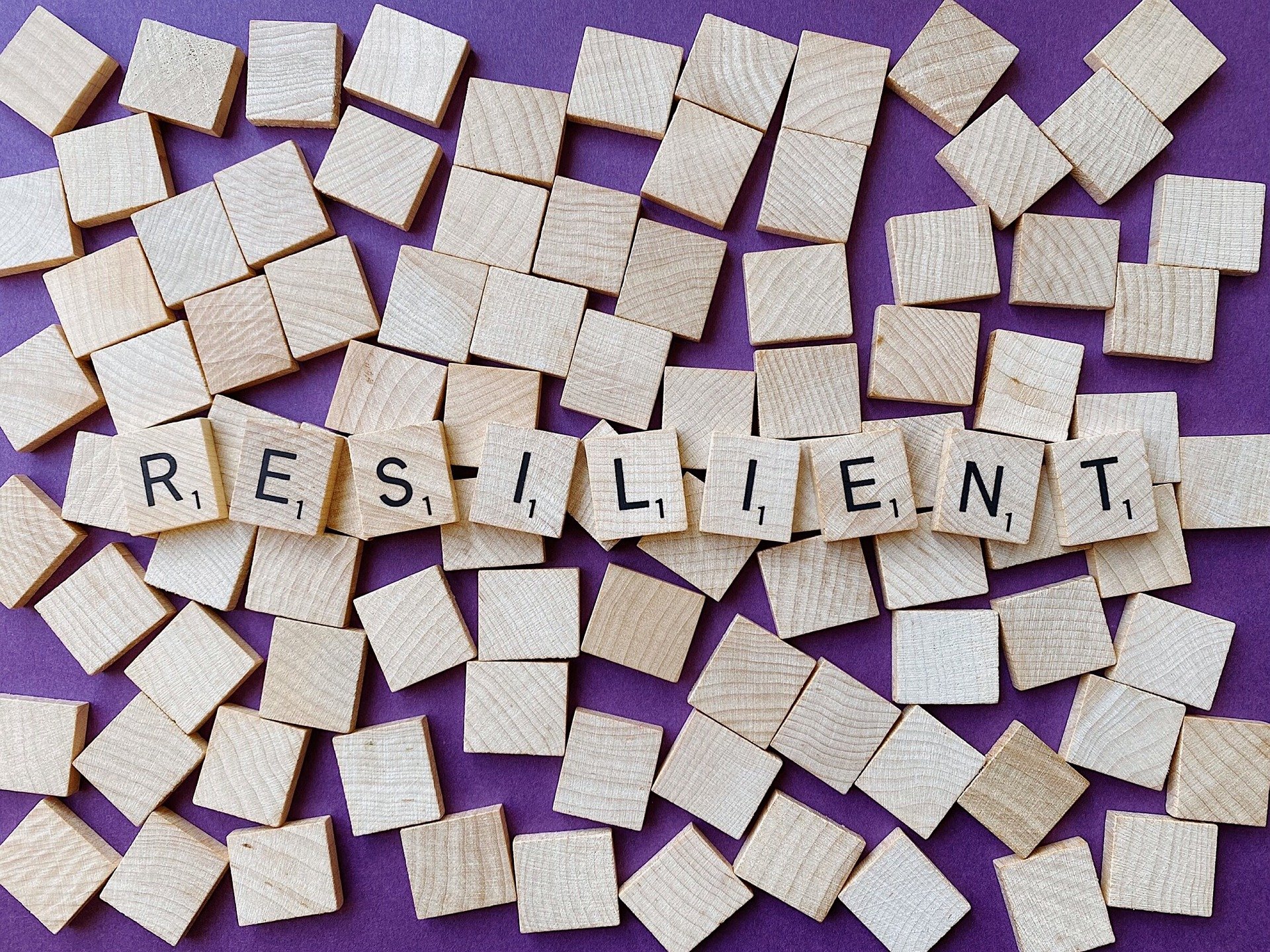by Katie Clare, Associate Director for Resilience Programs, University Life
Southwick and Charney stress the importance of developing active coping skills to increase resilience. The emphasis here is on the action, because resilient individuals are not passive in working through a challenge. If you want to increase your resilience, you need to work through challenges by engaging active coping skills. Let’s also emphasize that these active coping skills should equate to positive strategies, and there are plenty of positive strategies to consider. In earlier Resilience Resources Weekly postings, for example, we pointed you to the importance of having a resilient role model and attending to physical well-being. Here are four more ways to explore and develop your active coping skills.
Affirmations
Positive affirmations do not require any special equipment, can be adopted with relative ease, and are ideally suited to social distancing. Any short statements that might inspire or encourage you to push through difficult times fall into this category. Don’t be overwhelmed by a laundry list of affirmations. Identify one or two that speak to you and find a way to build them into your everyday experience. Consider attaching the practice to something that’s already a routine. For example, maybe you say your affirmation when you wake up in the morning, maybe while brushing your teeth, maybe whenever you drink a glass of water. Some examples of positive affirmations include:
- I turn obstacles into learning opportunities.
- I make the best of every situation.
- I make good use of my time and energy.
- I look forward to my future and my role in it.
Emotional First Aid
Take 15 minutes to listen to Guy Winch’s Ted Talk on why it is important to take care of our emotions. He argues that too many of us fail to take care of our emotions, and he urges listeners to engage this area with a more robust set of strategies. After all, if we only focus on physical health, we fail to acknowledge the role of psychological health in our overall well-being. While listening to this talk and considering the current circumstances of the coronavirus pandemic, consider these questions:
- What do you think of when you consider self-care?
- In what ways does self-care feel especially important right now? In what ways have you engaged self-care since the coronavirus pandemic captured our attention and led to stay-at-home orders? How do your self-care strategies equate to active coping skills?
- In what ways do you engage with self-care when you are at your best? In what ways do you engage with self-care when you are at your worst?
- Can you identify one change you can make in each of the following areas that might contribute to the further development of active coping skills: sleep, exercise, nutrition, relationships, and relaxation?
Pyramids of Need
Many of us are familiar with Maslow’s Hierarchy of Needs when it comes to student development but may not have considered it in the context of resilience. The motivational nature of this hierarchy is well-suited to any conversation on resilience. After all, if basic needs like physiological needs and safety needs are not secured, it can be difficult to engage the commitment and creativity required for resilience, especially when it comes to adopting active coping skills. One way to explore resilience and further develop active coping skills is to reflect on Maslow’s Hierarchy of Needs by considering what is needed from each of those levels to be resilient and/or to engage with active coping skills.
Recently, Susan David presented a new pyramid titled the Emotional Pyramid of Needs. This pyramid develops from the ideas in her book Emotional Agility: Get Unstuck, Embrace Change, and Thrive in Work and Life where she explores the relationship between one’s ability to navigate the inner world of emotions with overall success in life. Her pyramid begins with gentle acceptance and moves through compassion, routine, connection, courage, reset, and wisdom. To think about this Emotional Pyramid of Needs in the context of becoming more resilient, consider questions such as:
- How is gentle acceptance a first step in actively engaging any situation?
- How can you use routine to your advantage as you develop active coping skills?
- In what ways does it take courage to build active coping skills?
For a rich but brief introduction to Susan David’s work, watch her Ted Talk. It’s a great combination of inspiration and information. She includes humor and presents easy strategies to adopt as well.
Threat Assessment
Finally, we might better develop our active coping skills by assessing threats from a well-informed stance. This is not to say we ignore threats, but we maintain our resolve to stand firm against unnecessary worry that may develop from unproductive rumination. To further support your thinking on this, you might be encouraged by the sections titled “Do Not Engage with Worry” and “Focus on Present Odds” presented here by the Anxiety and Depression Association of America.

